Apple Cider Vinegar as a Cleaner: Your New DIY Power Spray

Ever found yourself staring at stubborn water spots on your shower doors or a greasy stovetop that just won’t budge? I did too, until I discovered the secret magic of apple cider vinegar as a cleaner.
Not only is it a pantry staple you probably already have, but its natural acidity breaks down grime, cuts through grease, and leaves surfaces sparkling without harsh chemicals.
Today, we’ll dive into why apple cider vinegar works, share clever hacks to boost its power (and scent!), and walk you through an easy, step-by-step recipe for your ultimate DIY ACV cleaning solution.
Tools and Materials
- 16-oz glass spray bottle (avoid plastic if you’re adding citrus peels)
- 1 cup apple cider vinegar
- 1 cup filtered water
- Optional: 1–2 sprigs fresh herbs (rosemary, mint) or citrus peels (orange, lemon)
- Funnel (for easy refilling)
- Microfiber cleaning cloths or lint-free rags
- Label and pen
Hometalk may receive a small affiliate commission from purchases made via Amazon links in this article but at no cost to you.
1. Prep Your Bottle
Rinse and dry your glass spray bottle.
Label it “ACV Cleaner” to keep everyone in the household on the same page.
2. Mix the Base Solution
Using a funnel, pour in 1 cup apple cider vinegar followed by 1 cup filtered water.
Screw on the spray top and gently swirl to combine.
3. Boost the Aroma & Power
- Herb-Infused Steam:
Add a sprig of rosemary or mint to the bottle. Let it steep for 24–48 hours before first use to mellow vinegar’s sharp edge and add a fresh aroma.
- Citrus Peel Citrus Boost:
Toss in orange or lemon peels for a zesty scent and extra degreasing oils—just remember to strain them out after a week to prevent cloudiness.
Important Note:
After 7 - 10 days, the herbs or citrus peels you added will start to break down, which can make your cleaner look cloudy or even lightly fizz. To avoid that, strain out and toss those old organic bits. This should keep your vinegar clear.
4. Test & Tackle
Always spray an inconspicuous spot first (especially on granite or marble—acid can dull natural stone).
Once tested, spritz onto counters, glass, or stainless steel and wipe clean.
5. Stubborn Spots & Grime
For baked-on spills or calcium rings, spray generously, let sit for 5–10 minutes, then scrub with a microfiber cloth.
Rinse with water and buff dry for a streak-free finish.
5 Clever Variations to Try
- Tea Bag Trick: After steaming your microwave with ACV steam, rub a used citrus-flavored tea bag over the walls to pick up grime and leave behind a gentle scent.
- Dish Soap Drop: Add one drop of eco-friendly dish soap to tackle ultra-greasy stovetops—mix before each use.
- Vinegar-Glass Combo: Swap ratios—use 2 parts water to 1 part vinegar for streak-free window and mirror cleaning.
- Floor Freshener: Mix ½ cup ACV into a bucket of warm water for laminate or vinyl floors; finish with a dry mop so you don’t leave behind moisture.
- Drain Refresher: Pour ½ cup baking soda down the sink, follow with 1 cup ACV; let fizz for 10 minutes, then flush with hot water to clear soap buildup and banish odors.
How to Use Apple Cider Vinegar as a Cleaner
From grout lines to glass, apple cider vinegar as a cleaner proves it’s more than your salad go-to. Once you test its power (and tweak the scent), you’ll ditch harsh sprays for good.
Give it a whirl, share your before-and-after snaps, and pin this for your next cleaning spree!
Enjoyed the project?
Comments
Join the conversation
-
 Wal174132832
on Jul 26, 2025
Wal174132832
on Jul 26, 2025
Where is the warning to NOT use anything acidic on natural stone surfaces (i.e., marble, granite, quartz). Vinegar (white or apple) is acidic and can etch or dull the surface of natural stone (countertops, floor tiles) and can cause permanent damage.
- See 1 previous
-
 Kim156032782
on Aug 13, 2025
Kim156032782
on Aug 13, 2025
Read it again - its in there
-
 Kim156032782
on Aug 13, 2025
Kim156032782
on Aug 13, 2025
Section #4
-
-
 Sct172820770
on Jul 27, 2025
Sct172820770
on Jul 27, 2025
hard water stains shower glass
-
-
 Em
on Jul 28, 2025
Em
on Jul 28, 2025
Use Bio Cleaner paste especially for stove tops and shower doors. Vinegar is an acid. It will do little for burnt on stains on the stove tops. Bio Cleaner will remove all burnt on marks better than any expensive cleaner for glass top stoves. A container will last a year and you only need a TINY bit on the tip of your finger on a dishcloth. Takes off spots others won't touch.
It works for mild sink clogs.
-
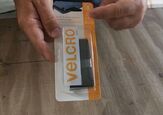
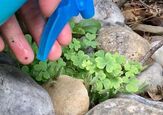













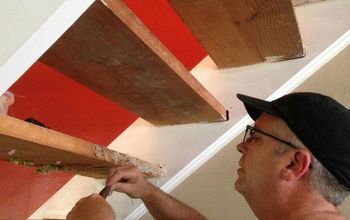
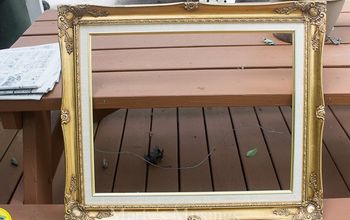



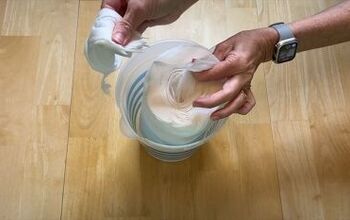
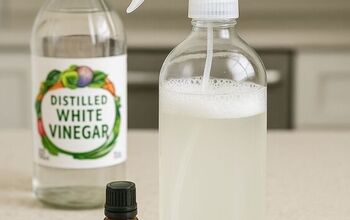

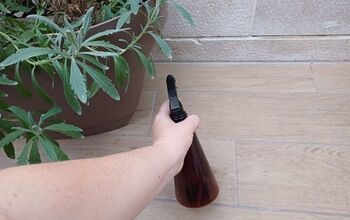
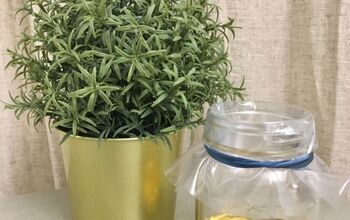
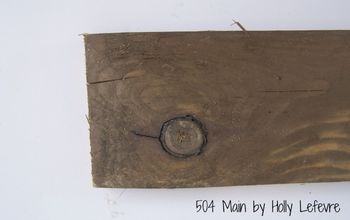
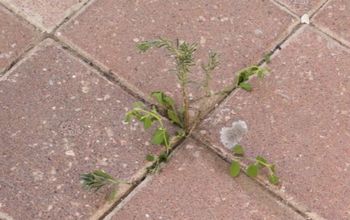

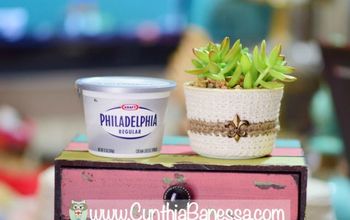
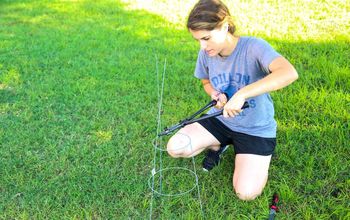
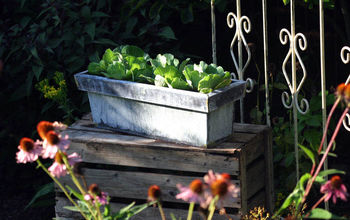
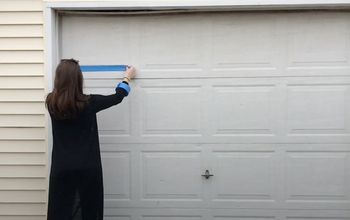
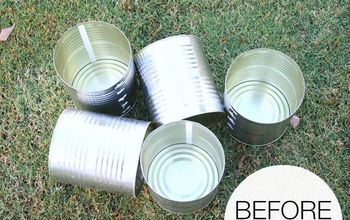

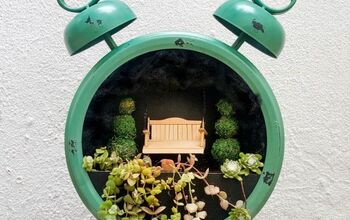
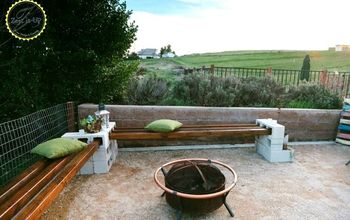

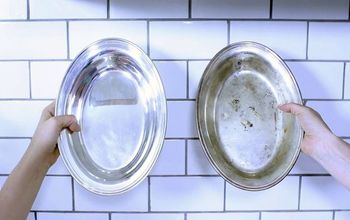
Frequently asked questions
Have a question about this project?
Is apple cider vinegar better to use than white vinegar?
Can you use/add essential oils in the mixture or no?
What is a natural cleaner to use on hard wood floors?